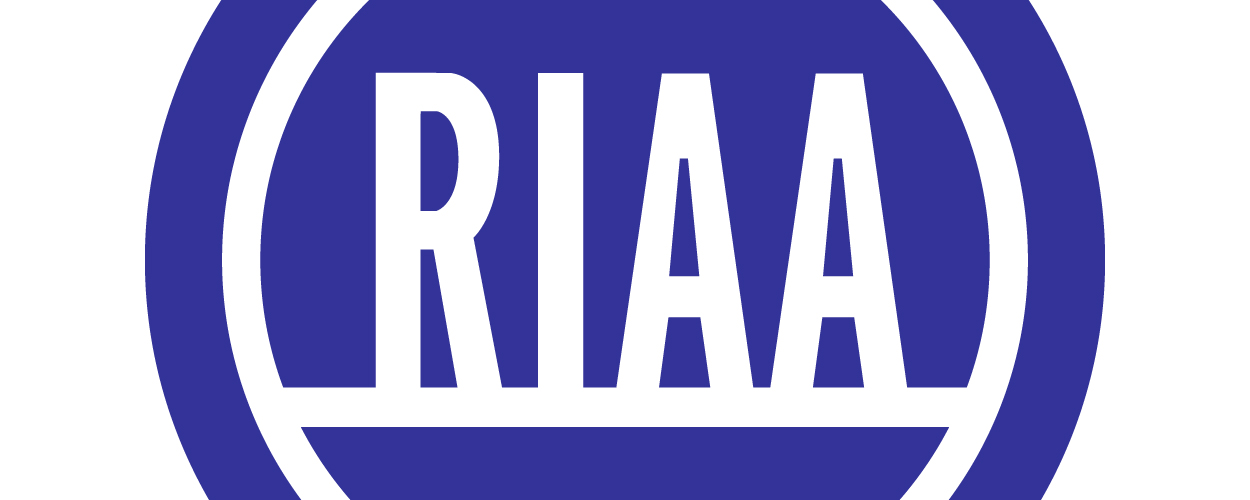This website uses cookies so that we can provide you with the best user experience possible. Cookie information is stored in your browser and performs functions such as recognising you when you return to our website and helping our team to understand which sections of the website you find most interesting and useful.
Business News Labels & Publishers Legal
A court may have overturned BMG’s safe harbour win, but RIAA reckons the ruling helps its own ISP litigation
By Chris Cooke | Published on Thursday 8 February 2018

Last week an American appeals court overturned BMG’s $25 million win against internet service provider Cox Communications. However, that’s not stopping the Recording Industry Association Of America from using that ruling to try to strengthen its own similar legal case against another net firm, this time Grande Communications.
The record label repping trade group sued Grande Communications last year in a case that has many parallels to the BMG lawsuit against Cox Communications.
Both Cox and Grande are accused of failing to deal with repeat copyright infringers among their respective customer bases. That failure, the music industry argues, means the internet companies should no longer qualify for safe harbour protection under US copyright law. Which means they could be held liable for the copyright infringement of their customers.
Although BMG’s 2015 win against Cox Communications was overturned on appeal last week, that was mainly on a technicality linked to instructions provided to the jury in the original trial. Other elements of the appeals court judgement actually strengthened BMG’s case against Cox.
The RIAA is now using that judgement to try to strengthen its case, which Grande is trying to get dismissed. In a new legal filing earlier this week, the RIAA stated that last week’s appeals court ruling “affirmed the holdings … that [we] rely on here, and expressly rejected the central arguments [Grande] advance in their motions to dismiss”.
The RIAA’s submission goes through various things in last week’s ruling that it reckons helps its case, including that the appeals court “held that wilful blindness is sufficient to satisfy the knowledge requirement for contributory infringement”.
It goes on: “Grande has already admitted that it received notices from [anti-piracy agency] Rightscorp and, to use Grande’s own phrase, did not ‘meaningfully investigate’ them. Thus, even if this court were to apply the [appeals court’s] ‘wilful blindness’ standard, the level of knowledge that Grande has effectively admitted exceeds the level of knowledge that the [court] held was ‘powerful evidence’ sufficient to establish liability for contributory infringement”.
For its part, while Grande concedes that it received a flood of takedown notices from Rightscorp and that it didn’t really do much with them, it argues that that was because the paperwork supplied by the anti-piracy agency was generally flawed, and therefore unactionable. It remains to be seen if that existing argument is sufficient for Grande to avoid being deemed ‘wilfully blind’ to the infringement on its networks.





